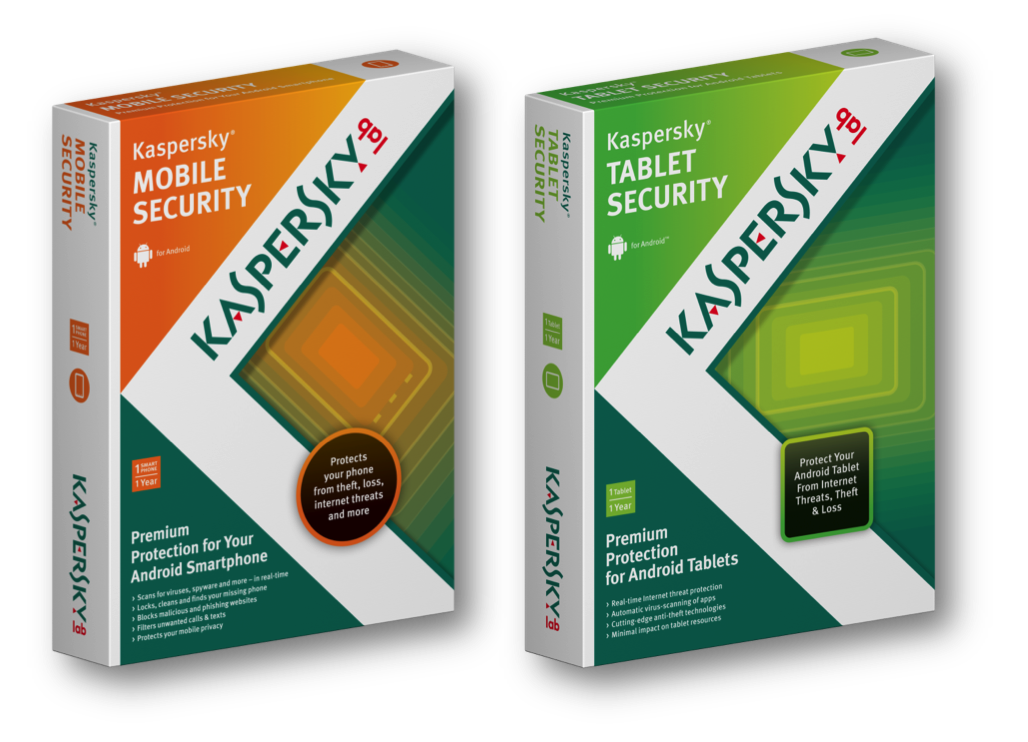

"We believe users have a right to know if such a program is installed on their device." "As a result, we now flag commercial spyware with a specific alert which warns users of the dangers stalkerware poses," Alexey Firsh, a security researcher at Kaspersky Lab, said in a statement. Kaspersky Lab said it was motivated to start flagging stalkerware apps after speaking with Eva Galperin, the Electronic Frontier Foundation's head of cybersecurity. Researchers from Cornell University, Hunter College and New York University found in 2018 that many antivirus programs don't flag known stalkerware apps, many of which are marketed as tools for parents tracking children or people tracking stolen devices.

Some purveyors offer subscription plans for $68 a month, according to Kaspersky Lab. You don't have to be an expert to get your hands on it - stalkerware is sold online, for as little as a few hundred dollars.

Stalkerware is quietly installed on people's devices, and then accesses personal data including GPS location, text messages, photos and microphone feeds.

It essentially turns victims' phones into surveillance devices, letting an attacker track a person's every step and listen in on every word. Stalkerware, which Vice's Motherboard has reported on extensively, is frequently used by stalkers and abusers to spy on people through their phones. There's likely much more out there the cybersecurity company can detect it only in devices running Kaspersky's antivirus software. The warning allows people to delete the stalkerware app if it detects it. In 2018 Kaspersky Lab detected stalkerware on 58,487 mobile devices. On Wednesday, Kaspersky Lab said it would start flagging stalkerware as malicious, and warn people through its Android app when stalkerware is installed on their phones. Antivirus apps are supposed to protect you from attacks on your devices, but for years, stalkerware has evaded their scrutiny.


 0 kommentar(er)
0 kommentar(er)
